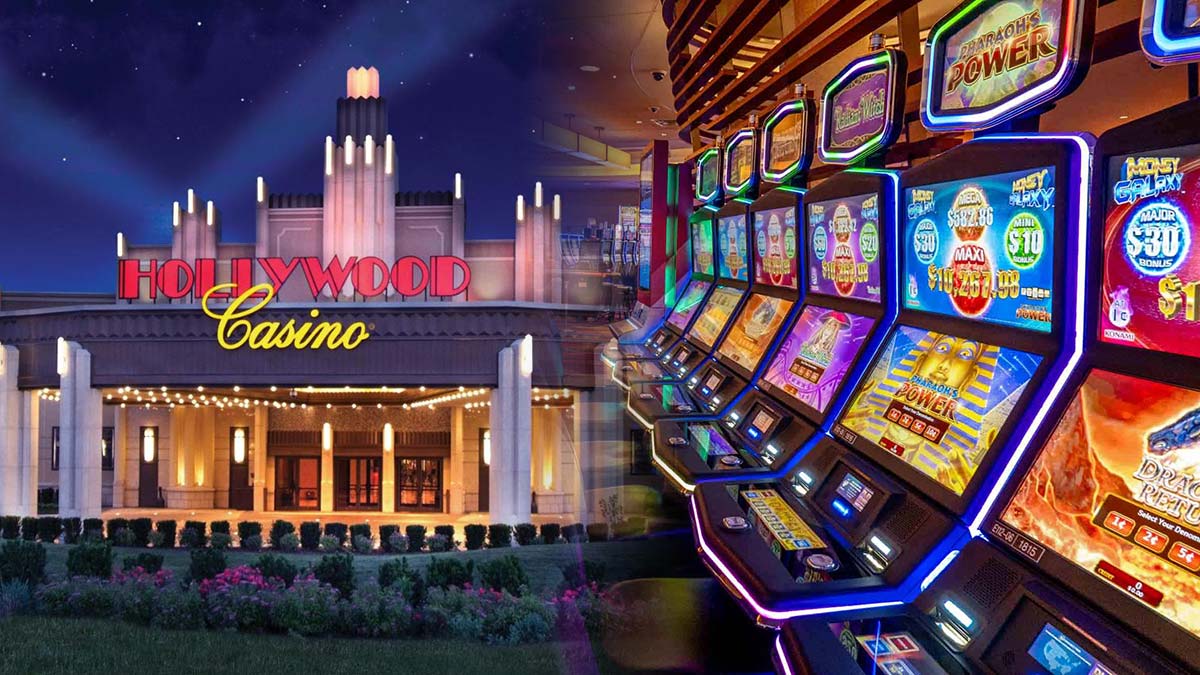
Casino games have long captivated a wide range of players, delivering not only excitement through chance but also a tailored experience tailored to different types of players. Including strategic players who succeed through calculation and skill to the casual players who seek entertainment, casinos understand the details of their audience and create games that accommodate these diverse tastes.
In investigating the universe of casino gaming, we encounter a variety of game types that attract players of all kinds. High-stakes poker tables draw competitive players, while colorful slot machines appeal to those seeking instant gratification. Whether it’s the chance to win big or simply savoring the social environment, casinos design their game offerings to ensure that everyone finds a spot that feels comfortable and engaging. Comprehending how these games are tailored to various player types can enhance not only our understanding of them but also our approach to choosing which games to play.
Comprehending Gamer Categories
In the varied world of gambling games, gamers can be classified into distinct categories based on their incentives and choices. 69VN These participant types range from the laid-back and community-oriented gamers, who enjoy the fun value and community connections that gambling provides, to the more analytical and analytical players, who seek to increase their odds and winnings. Comprehending these different player types is essential for casinos to customize their games and design engaging environments.
One frequent type is the social player, who sees casino games as a form of group interaction and enjoyment rather than a high-stakes gambling pursuit. These players often enjoy games that encourage participation and camaraderie, such as poker. Their attention is on the journey rather than the outcome, so dynamic atmospheres and shared moments are what they value the most.
On the other end of the scale, tactical players are motivated by rivalry and the search of skill. They tend to lean toward games that require decision-making and strategy, such as poker, where their competencies can influence the outcome. This category often interacts with the games on a deeper level, utilizing expertise and strategies to gain an edge. Grasping these motivations allows casinos to build atmospheres and game selections that address to each participant’s individual choices.
Strategies for Game Design
Casino games are designed with varied player types in mind, employing various strategies to attract and capture them. For recreational players, the focus is on simplicity and ease of understanding. Games like slot machines are frequently visually appealing with simple mechanics. This enables players to experience the gameplay without a difficult learning curve, fostering an inviting atmosphere. The vibrant hues, engaging audio, and themes create a playful environment where players can quickly get immersed and entertained.
For strategic players who enjoy a deeper level of engagement, games such as poker and 21 offer complexity and skill-based elements. These games incorporate strategy and tactical choices, attracting to players who thrive on competition and want to exercise their cognitive abilities. The design of these games often includes intricate rules and mechanics that challenge players to hone their skills and create strategies over time, creating a fulfilling experience for those who enjoy mastering the game.
Moreover, community-oriented players are considered through games that emphasize engagement and community. This includes live dealer games and multiplayer formats, which cultivate a sense of camaraderie among players. The design of these games often incorporates communication tools and communal aspects, allowing players to interact and share experiences. By building an environment where interaction is encouraged, casinos can effectively engage community players, making the gaming experience more pleasurable and unforgettable. https://69vn.travel/
Improving Gamer Satisfaction
Gambling options have evolved notably to provide a much more immersive atmosphere for players. Game creators focus on high-quality images, dynamic soundscapes, and creative gameplay features that pull players into the casino atmosphere. By employing technology, such as VR and augmented reality, betting houses ensure that participants feel as if they are part of a dynamic experience, enhancing in addition to the pleasure of the activities but also the entire experience of being in a casino.
Community engagement is another key element in boosting gamer satisfaction in casino games. Many titles are crafted to facilitate interaction among players, whether through multiplayer formats or messaging options. This interactive component appeals to players who appreciate communicating with fellow players while competing, promoting a feeling of community. Moreover, social features can feature scoreboards, competitions, and incentives for team engagement, which attract ambitious participants and encourage them to come back for additional.
Lastly, personalization plays a vital role in adapting the experience for various participant categories. Gaming establishments and title creators examine gamer activities and tastes to provide tailored game options and rewards. By comprehending the distinct interests of gamers, casinos can offer tailored deals, bonuses, and new game releases that satisfy each gamer, thus enhancing their total enjoyment and devotion to the gaming venue.